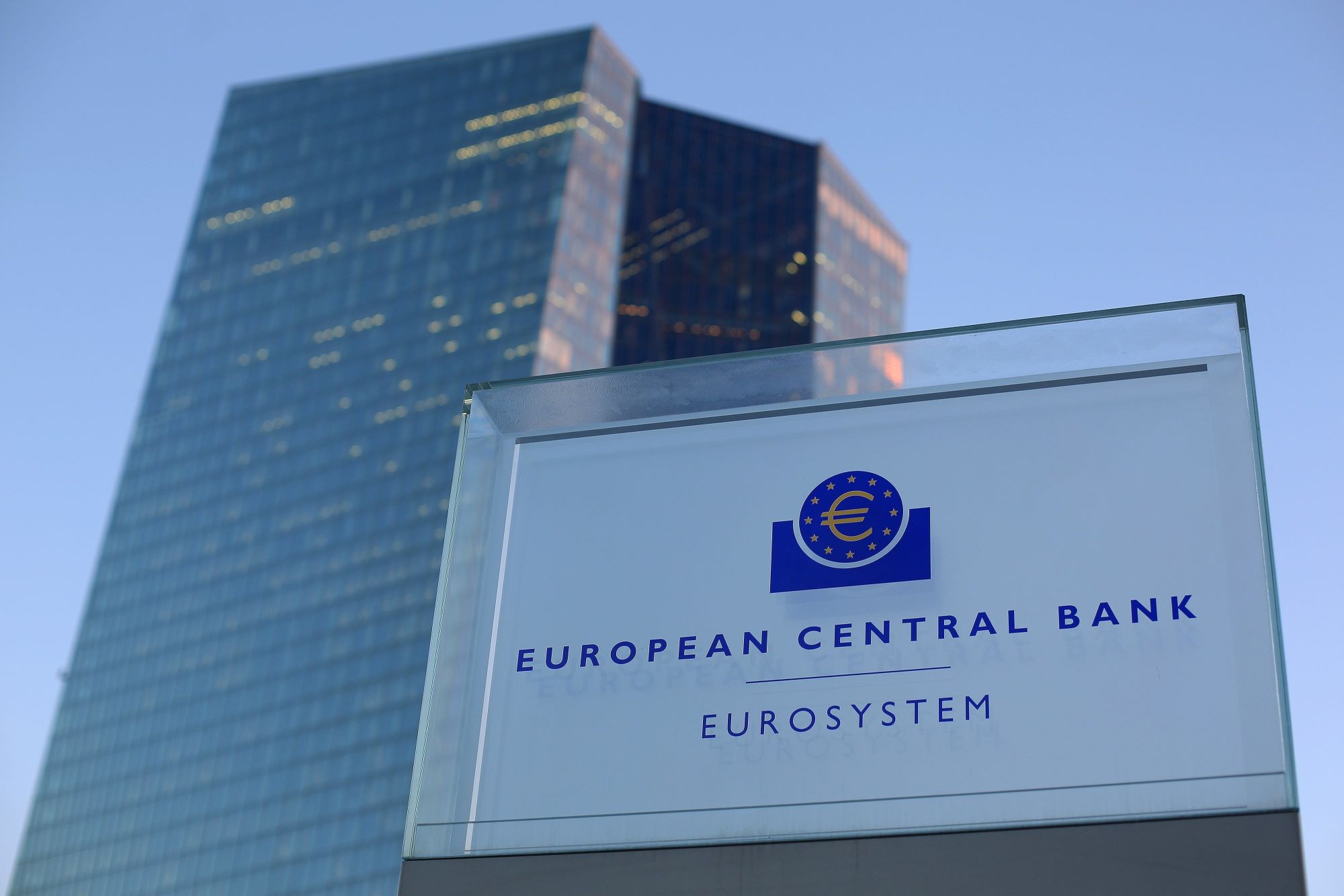The European Central Bank chose to raise interest rates again on Thursday by a hefty three-quarters of a percentage point, as the institution seeks to mitigate the region’s record-high inflation.
With this third policy rate increase in a row, the ECB, which sets monetary policy for the 19 EU member state countries that use the euro, matched the previous increase last month. Since its first rate increase back in July – the first in over a decade – the ECB said it had rapidly tightened its policy stance as the tide of inflation has proven to be more persistent than the institution expected.
The ECB’s Governing Council expects to raise interest rates further, “to ensure the timely return of inflation to its two per cent medium-term inflation target.
“The Governing Council will base the future policy rate path on the evolving outlook for inflation and the economy, following its meeting-by-meeting approach,” it said in a statement on Thursday.
“Inflation remains far too high and will stay above the target for an extended period. In September, euro area inflation reached 9.9 per cent. In recent months, soaring energy and food prices, supply bottlenecks and the post-pandemic recovery in demand have led to a broadening of price pressures and an increase in inflation.
“The Governing Council’s monetary policy is aimed at reducing support for demand and guarding against the risk of a persistent upward shift in inflation expectations.”
Central Bankers around the world have spend the past few months grappling with how to stem the rising tide of inflation, which has choked economies as the world tries to recover from the pandemic.
What does an increase in rates mean for ordinary citizens?
One way to control prices is to raise the cost of borrowing, in other words, interest rates. This encourages consumers to borrow less, and in turn spend less, thereby reducing consumer demand. With supply bottlenecks limiting the ability of retailers to stock goods, this lends itself to price increases. Increasing the cost of money, so to speak, also encourages people to save more of their cash.
Policy makers must be careful, however, as slowing the economy too much can herald in a recession, which commentators believe is already happening in the UK and US.
Interest rate increases quickly filter down to the retail level abroad, leading to fast adjustments in credit card rates, variable rate home loans, and business lines of credit.
Although interest rates are hugely important across most of North America and Europe (and not only), Malta remains relatively insulated from the effects of the rapid increases central banks are forcing through, according to local experts.
Indeed, in a recent opinion piece penned by top brass at Bank of Valletta, where a majority of home loans are held, Chairperson Gordon Cordina and CEO Kenneth Farrugia explained that the bank’s strong liquidity position means that a change in interest rates by the ECB does not mean that BOV must immediately make changes to the interest rates they themselves charge.
They do say, however, that as the ECB continues its policy of increasing interest rates to stem inflation, as it has done today, “a higher interest rate scenario may need to materialise.”
KM Malta Airlines announces extra flights and special fares for MEP and local council elections
To qualify for special fares, all travel needs to take place into and out of the same city
European Parliament adopts regulation making it easier for companies to be paid on time
The maximum credit term under the new Late Payment Regulation is to up to 120 days, for some sectors
French ATC strike forces Ryanair to cancel over 300 flights, affecting 50,000 passengers
The low-cost carrier is demanding the EU carries out reforms to ensure travel continues undisrupted






